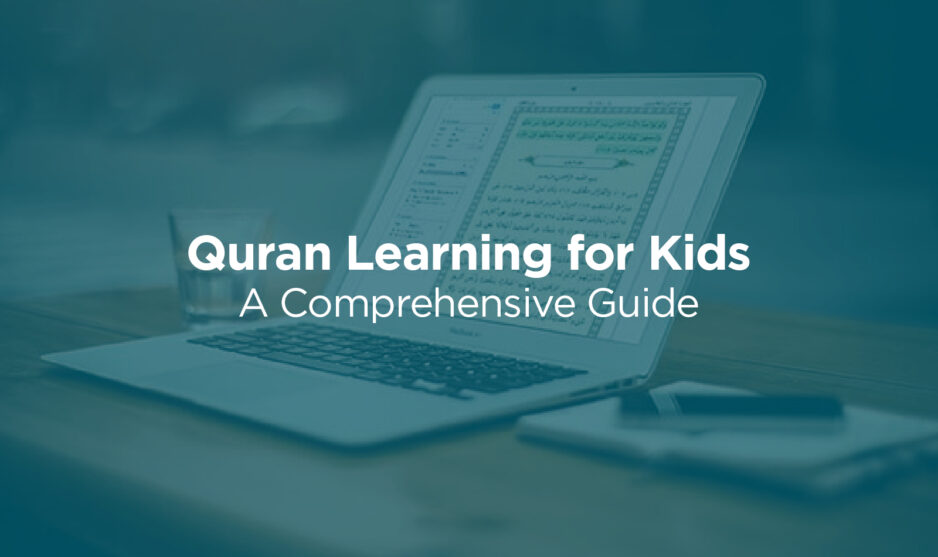Ever felt overwhelmed when you try to memorize the Quran? Like, no matter how hard you try, the verses just don’t stick in your mind, and your progress feels painfully slow? You’re not alone.
Many adults and young ones struggle with this, especially when balancing life’s demands with the goal of Quran memorization. But here’s the good news: Memorizing the Quran quickly is achievable, but only if you use the right approach.
Let’s just quickly get into practical Quran memorization tips and effective hifz techniques that can help you speed up your memorization without sacrificing understanding or connection.
Why does Consistency Beat Speed?
First off, if you want to memorize the Quran quickly, rushing with the process isn’t the answer. Many people burn out by trying to cram large sections in one sitting, but they forget them soon after. The key is to build a strong, consistent routine.
For Quran memorization for adults, this means setting aside a small, fixed time each day, preferably when your mind is fresh, like early morning or after prayer. Even 20 minutes daily, done consistently, will lead you steady progress.
The trick is to make memorization part of your daily rhythm, not an occasional struggle. This steady habit keeps your brain primed and reduces overwhelm.
Break It Down and Build Up
One of the biggest hurdles in Quran memorization is feeling daunted by the length and complexity of the text. That’s why distributing your memorization into small parts is so effective.
Instead of tackling large portions, focus on small segments, one or two verses at a time. Recite these until you can confidently say them without mistakes, then add the next segment.
This method reduces cognitive overload effectively and makes memorization feel manageable. Moreover, your brain remembers small portions better and builds a solid base for adding more.
Repetition and Connection Are Everything
Repetition is often underestimated, but it’s important than anything. Reciting the verses aloud several times helps your brain encode the words into it properly. Don’t just memorize once; go over the verses multiple times throughout the day. Say them after prayers, during breaks, during house chores, office chores, or even while commuting.
Also, understanding the meaning of the verses helps anchor them in your memory. When you connect emotionally and intellectually to the words, and when you recall them, it becomes easier.
Quran Scape – Where You We Help You Memorize
In 2025, online learning platforms like Quran Scape are invaluable. They offer services for everyone, whether adults or kids from any corner of the world. They allow you to listen to expert reciters, repeat verses on loop, and study anytime, and from anywhere.
Many learners have found that they are motivated to stay consistent and make memorization feel less like a chore and more interactive.
Don’t Skip Revision
A fast memorization pace won’t stick without proper revision. Revisiting old verses regularly is a crucial point, especially for adults who juggle many responsibilities.
Set aside daily time for reviewing previously memorized sections alongside your new verses. This mix of revision and new memorization ensures your memory stays sharp and your progress permanent.
Tailor Your Routine as an Adult Learner
Adults face new challenges in everyday life, including busy schedules, family, and work stress. Accepting this reality means setting achievable goals. Instead of pushing to memorize too much, aim for steady, manageable targets like half a page per day.
Find a quiet, distraction-free spot for your memorization sessions. Some find a corner at home or a quiet mosque space ideal.
Joining a study group or finding a memorization buddy can add accountability and encouragement, which helps maintain motivation.
Sample Daily Routine for Effective Quran Memorization
A balanced routine that integrates memorization and revision:
- Morning: Memorize 1-2 new verses aloud.
- Afternoon: Write down and recite new verses.
- Evening: Revise previously memorized sections, using audio tools if possible.
- Before Bed: Mentally review the day’s memorization quietly.
This keeps your brain engaged at multiple levels and helps you avoid burnout.
Final Thoughts
Memorizing the Quran fast doesn’t mean rushing blindly. It requires a thoughtful approach grounded in consistency, smart techniques, and steady revision. Using online teaching like Quran Scape makes this journey more accessible and engaging.
Remember, this is a spiritual journey, so be patient and kind to yourself. Every verse memorized brings you closer not only to your goal but to a deeper connection with the Quran.
If you want personalized Quran memorization tips or help crafting a routine that fits your life, I’m here to help. Start today with small steps, and watch how your Quran memorization blossoms over time.



